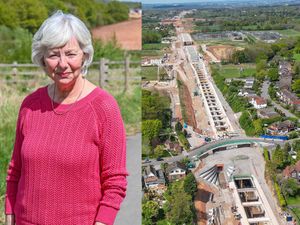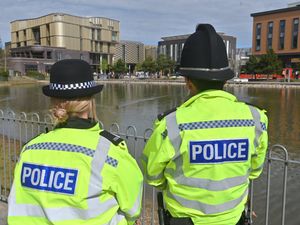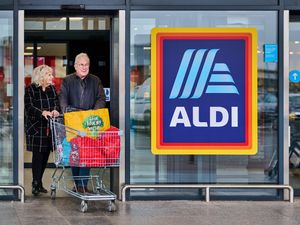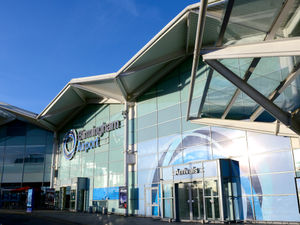High-speed Birmingham to London rail link backed
Dozens of Britain's top business leaders today backed plans for a new high-speed rail link between London and Birmingham.
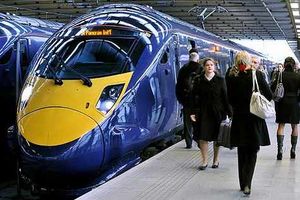
Dozens of Britain's top business leaders today backed plans for a new high-speed rail link between London and Birmingham.
In a letter to the Financial Times, 69 executives argue that the new rail system will boost the British economy, create new jobs and improve growth prospects.
The signatories — including Adam Fowle, chief executive of Birmingham-based M&B; Lord (Digby) Jones of Birmingham; Jerry Blackett, chief executive of Birmingham Chamber of Commerce; Mr Paul Kehoe, chief executive of Birmingham Airport; and Paul Thandi, chief executive of the NEC Group — pledge their firm support to the Government over the "High Speed 2" plans.
Their support comes just days before Transport Secretary Philip Hammond opens a "wide-ranging" consultation into the plans, which are facing growing protests from local groups.
The minister is set to promise huge economic benefits from the £18 billion link, and its potential to help narrow the north-south divide.
The London to Birmingham section should be completed by 2026, with a second phase to Leeds and Manchester a decade later.
The letter reads: "We believe the Government is right to develop a new high-speed rail line linking the major cities in the Midlands, the North of England and London.
"A high-speed rail link will give the economy a much needed boost, particularly in the North and Midlands. Not only will a high-speed rail link create much-needed capacity and reduce journey times, it will also improve connections between airports, help current commuter services and free up space on existing lines to carry more freight.
"All this will provide significant help for British business and attract additional new investment."
Other business heavyweights who have signed up include Lord Marshall, former chief executive of British Airways; Willie Walsh of International Airlines Group; Dalton Philips, chief executive of Wm Morrison; Ian King, chief executive of BAE Systems; Andy Street, managing director of John Lewis; John Cridland, director-general of employers' group the CBI; and Andrew Tinkler, of Stobart Group.
Professor David Begg, chief executive of the Transport Times, and organiser of the letter, said: "For too long the debate on high-speed rail has been dominated by local opponents but many in business want it developed as soon as possible.
"High-speed rail will be a major boost to the economy, improving our growth and jobs prospects, particularly in the Midlands, the North and Scotland. We would expect to see businesses becoming much more visible in this debate moving forward."
In December Mr Hammond said much of the route had been altered to meet the concerns of protesters.
He also argues that the project will create 8,000 construction jobs and 30,000 more indirect jobs.

